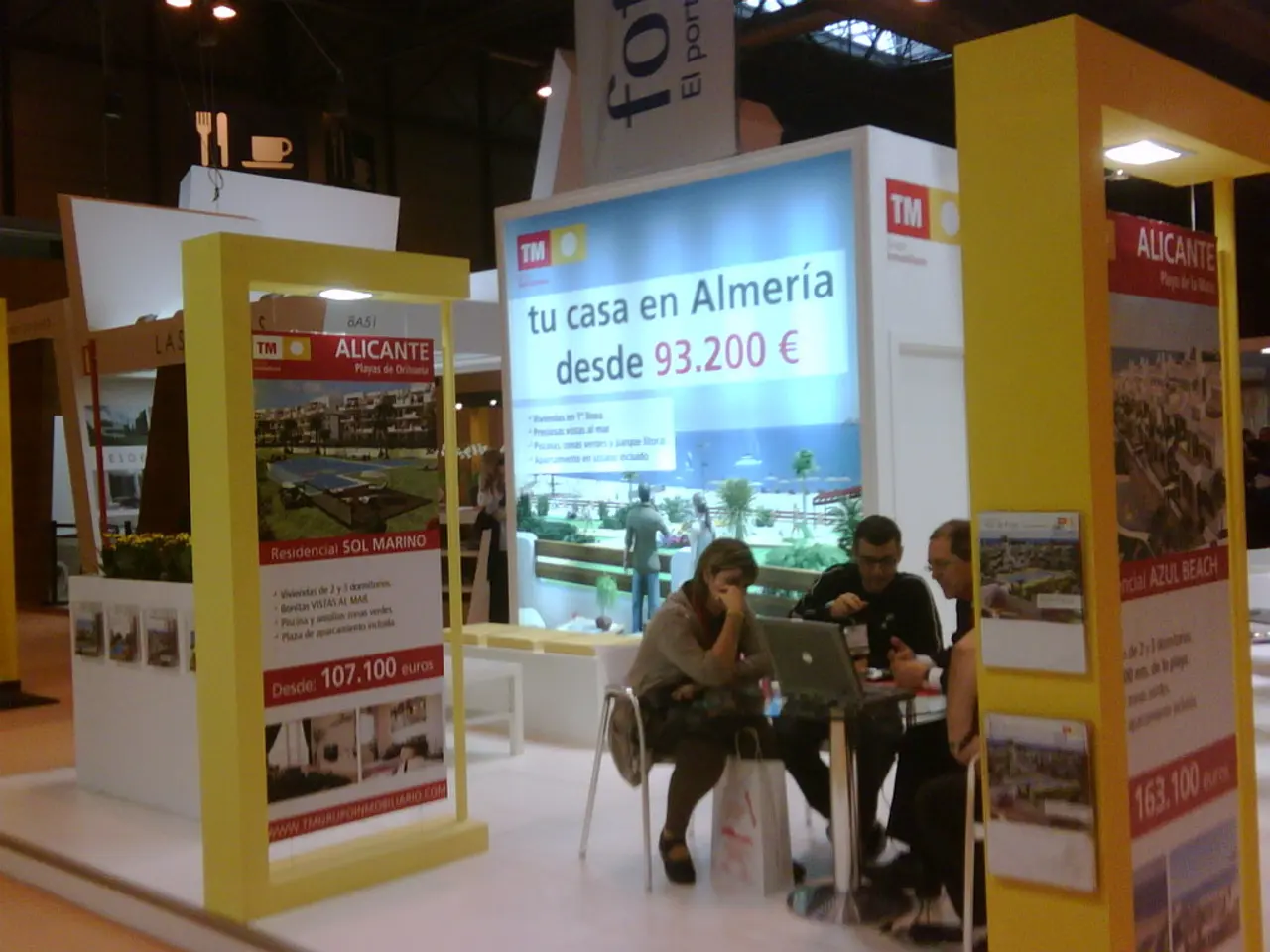Exposed Inside: Volkswagen's Hidden "Cheat List"
In a significant move towards electrification and operational efficiency, German automotive giant Volkswagen has announced the closure of one of its production sites in Nanjing, China. The joint venture between Volkswagen and SAIC, known as SAIC Volkswagen, operates the Nanjing plant, which has been producing vehicles since 2008 with a maximum capacity of 360,000 units per year.
The Nanjing plant, located in the densely populated urban area of Jiangsu Province, has been identified as a costly and inefficient location for conversion to electric vehicle (EV) production due to logistics and space constraints. As a result, production at the site has already ceased, and it is planned to be gradually shut down throughout the second half of 2025.
The closure of the Nanjing plant removes 360,000 units of annual production capacity from Volkswagen's Chinese operations. However, the joint venture between Volkswagen and SAIC remains intact, with their cooperation extended until 2040. The Passat production will be relocated to Yizheng, also in Jiangsu Province, about 70 km from Nanjing. The Nanjing site will be returned to city authorities.
The Chinese market is experiencing a structural shift away from internal combustion engine vehicles, with local manufacturers ramping up EV production and increasing competition for foreign brands like Volkswagen. Despite a sales decline in 2024, Volkswagen's sales in the first half of 2025 were up 2.3% year-on-year, driven by new EV models.
Volkswagen's strategic shift towards electrification is not limited to China, with other sites already being converted or in the process of being converted for EV manufacturing. From 2026, Volkswagen plans to introduce its China-specific “China Electronic Architecture” for locally produced EVs.
It is worth noting that, as of July 2025, there are no reports of Volkswagen plant closures or significant production reductions outside of China. The focus is squarely on the Nanjing facility, with production being consolidated into other Chinese sites better suited for EV manufacturing.
In summary, the closure of the Nanjing plant underscores Volkswagen’s strategic pivot in China towards electrification and operational efficiency. The company remains committed to the Chinese market but is streamlining its production footprint to better compete in the rapidly evolving EV sector.
The closure of the Nanjing plant, due to logistics and space constraints for electric vehicle production, will remove 360,000 units of annual production capacity from Volkswagen's Chinese operations, but the joint venture between Volkswagen and SAIC remains, with plans to cooperate until 2040 in the finance sector. The German automotive giant is also focusing on conversion of other sites for electric vehicle manufacturing in the transportation industry, with China-specific architectures for locally produced EVs planned from 2026.




